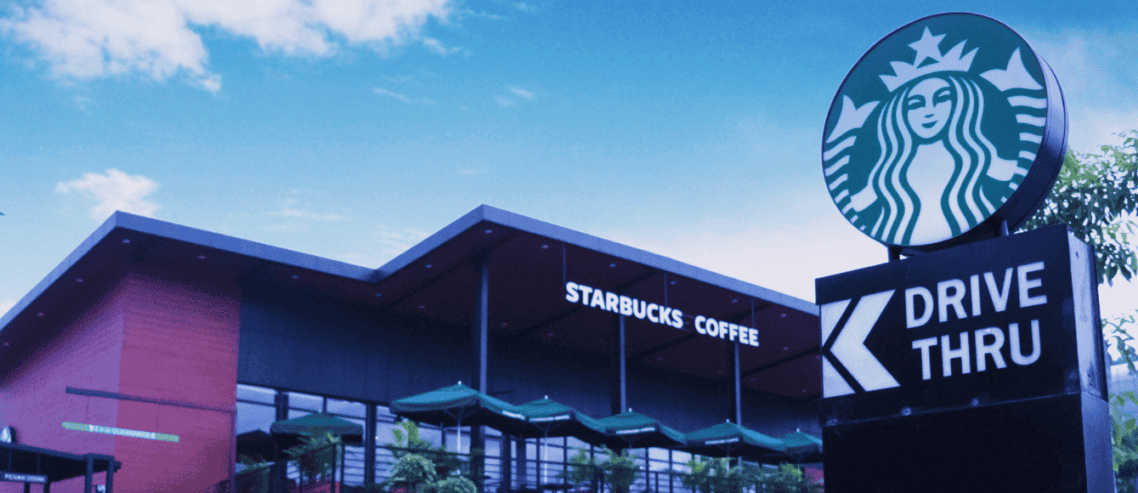Is Starbucks Kosher? Navigating Kosher Options and Certification Complexities
Determining whether Starbucks is kosher involves navigating a complex landscape of ingredients, equipment, and preparation practices, similar to another popular coffee chain we have discussed in the kosher context, Dunkin’.
Star-K, a leading kosher certification agency known for its stringent standards, advises caution. According to Star-K, syrups, sauces, toppings, powders, soy or almond milk, and other items are not recommended unless they are specifically confirmed to have kosher certification. Their list of recommended items and updated 2024 Starbucks kosher guidance provide clarity for kosher consumers seeking to enjoy Starbucks without compromising their dietary restrictions. Notably, there is differentiation between an Americano and drip coffee, and there are varying levels of stringency if traveling.
As Starbucks Expands its Menu, Kosher Complexities Grow
The Chicago Rabbinical Council (cRc), another prominent kosher certification body, highlights the growing complexities of maintaining kosher standards at Starbucks. One major concern is the presence of non-kosher meat sandwiches, which can complicate the kashrut of otherwise kosher coffee due to shared washing equipment. At the end of the day, machines used to make coffee drinks are often cleaned together with utensils used for non-kosher foods, leading to potential cross-contamination. The cRc offers a detailed Starbucks kosher guide and also a list of recommended kosher items at Starbucks, helping consumers make informed choices. The list was recently updated, and we can expect further updates as Starbucks evolves its product list and associated practices.

Starbucks Locations Come in All Shapes & Sizes
Ami Magazine, which caters to the Orthodox Jewish community, has also delved into the kosher challenges at Starbucks. They note that locations inside Target stores are particularly problematic, as they often share a single dishwasher with eateries like Pizza Hut, where non-kosher items like pepperoni pizzas are made. This shared cleaning process can render all items non-kosher due to cross-contamination. The magazine further discusses Starbucks’ ever-changing practices, from ingredient sourcing to equipment use, adding another layer of complexity to kosher observance. The constant evolution in Starbucks’ operations means that kosher status can fluctuate, making it essential for kosher consumers to stay informed and cautious.
“The Starbucks locations inside Target stores are generally the most treif. They don’t have any of their own sinks, so they share a single tank dishwasher with eateries like Pizza Hut, where they make pepperoni pies.” – Rabbi Sholom Fishbane – cRc Kashrus Administrator
Other beneficial resources can be the Starbucks baristas, which may be kind and assist with navigating the kosher maze. For example, this Reddit discussion illustrates how some baristas, especially in Starbucks locations with a large Jewish kosher segment, may have gained valuable knowledge about what is certified as kosher and what is not. There is also a whole website, though seemingly unaffiliated with Starbucks officially, that overviews which Starbucks products are kosher and which are not, though we do not know the accuracy of the website’s claims. There are also letters from concerned kosher consumers, such as this one to The Lakewood Scoop, about experiences with surprises with non-kosher items at Starbucks.
In summary, while some Starbucks items can be considered kosher, the complexities of the chain’s operations, particularly regarding shared equipment and evolving practices, necessitate careful consideration from the kosher observant and adherence to guidance from kosher certification agencies like Star-K and the cRc.

